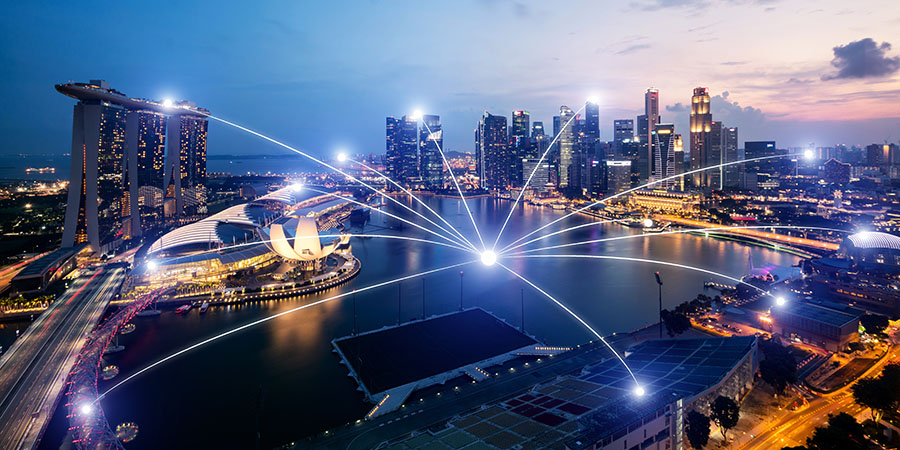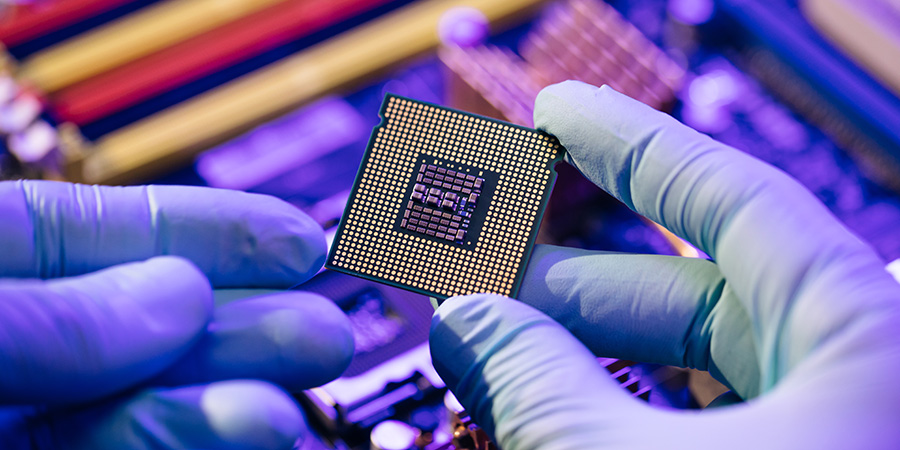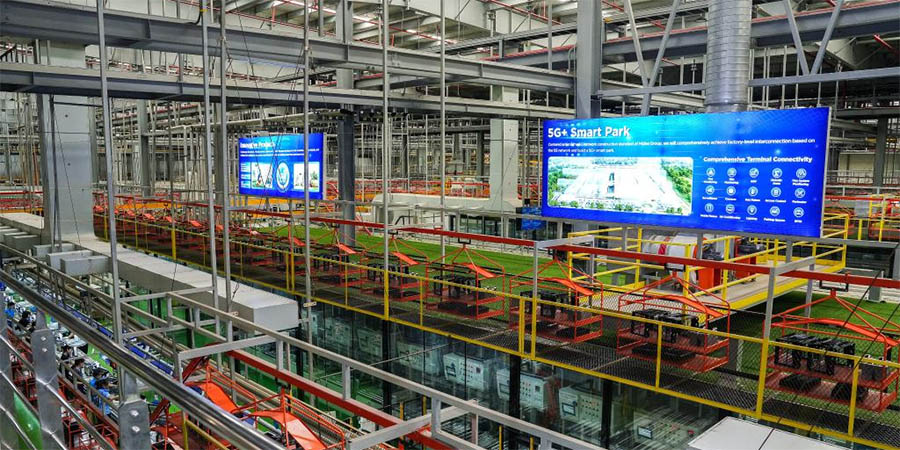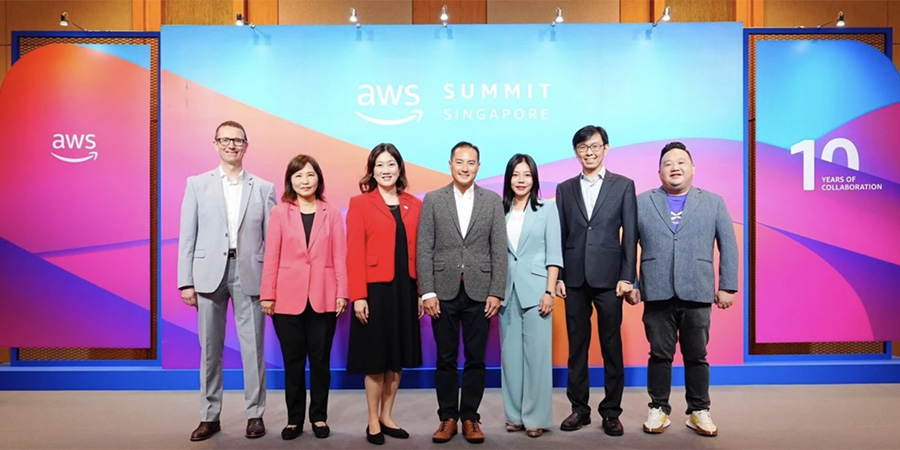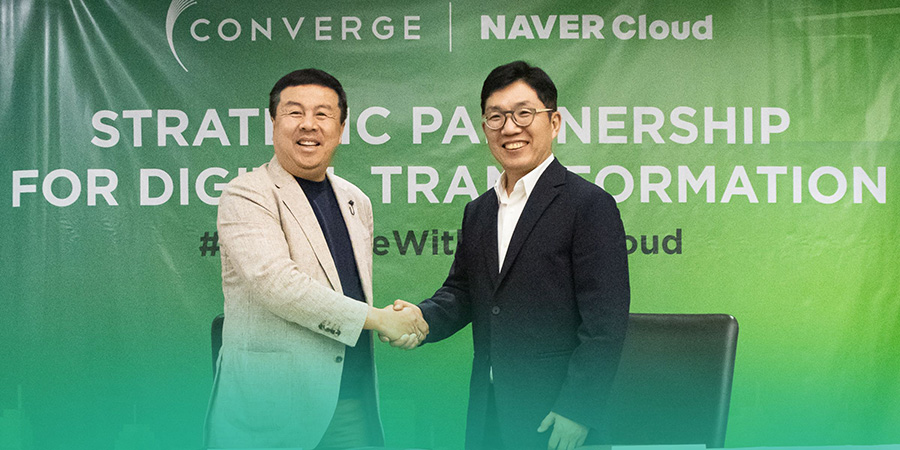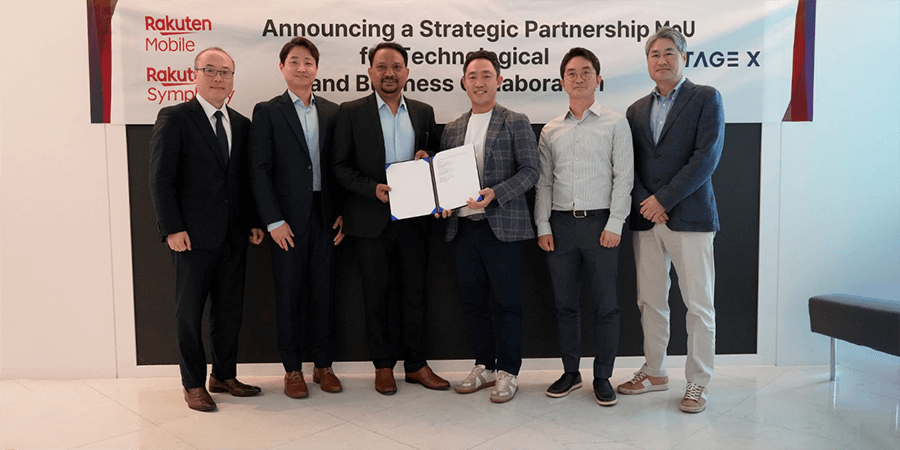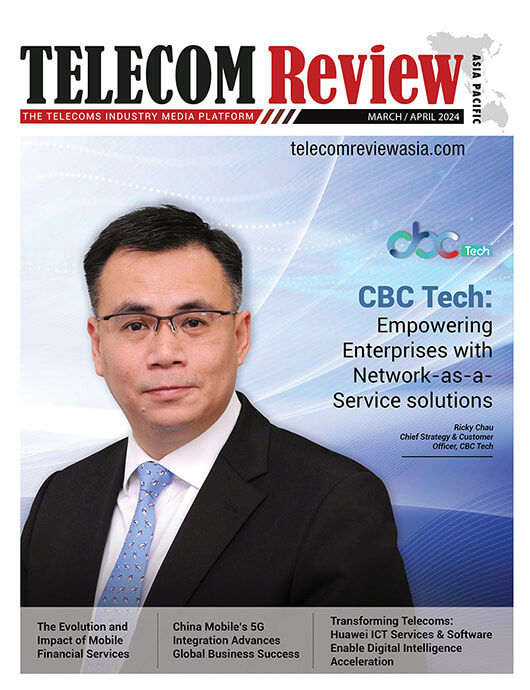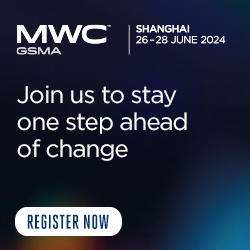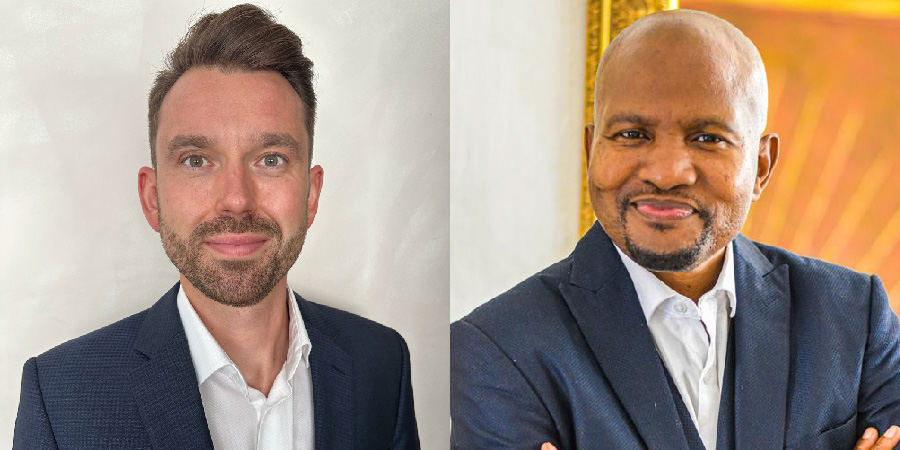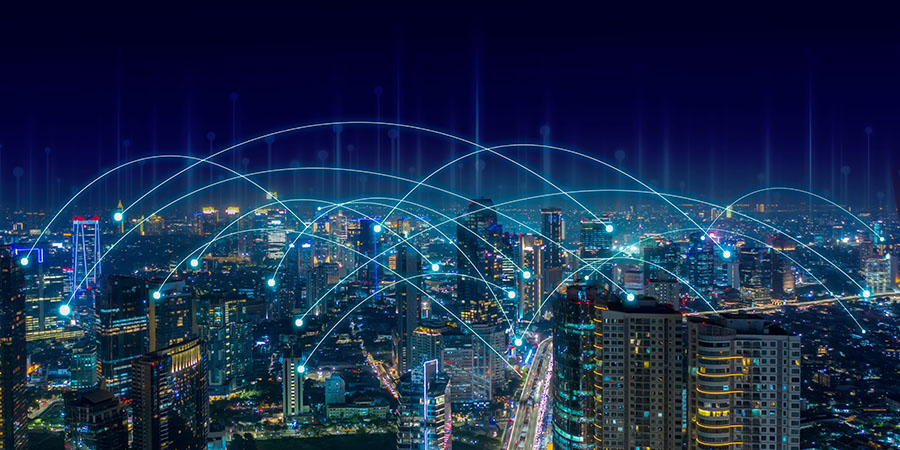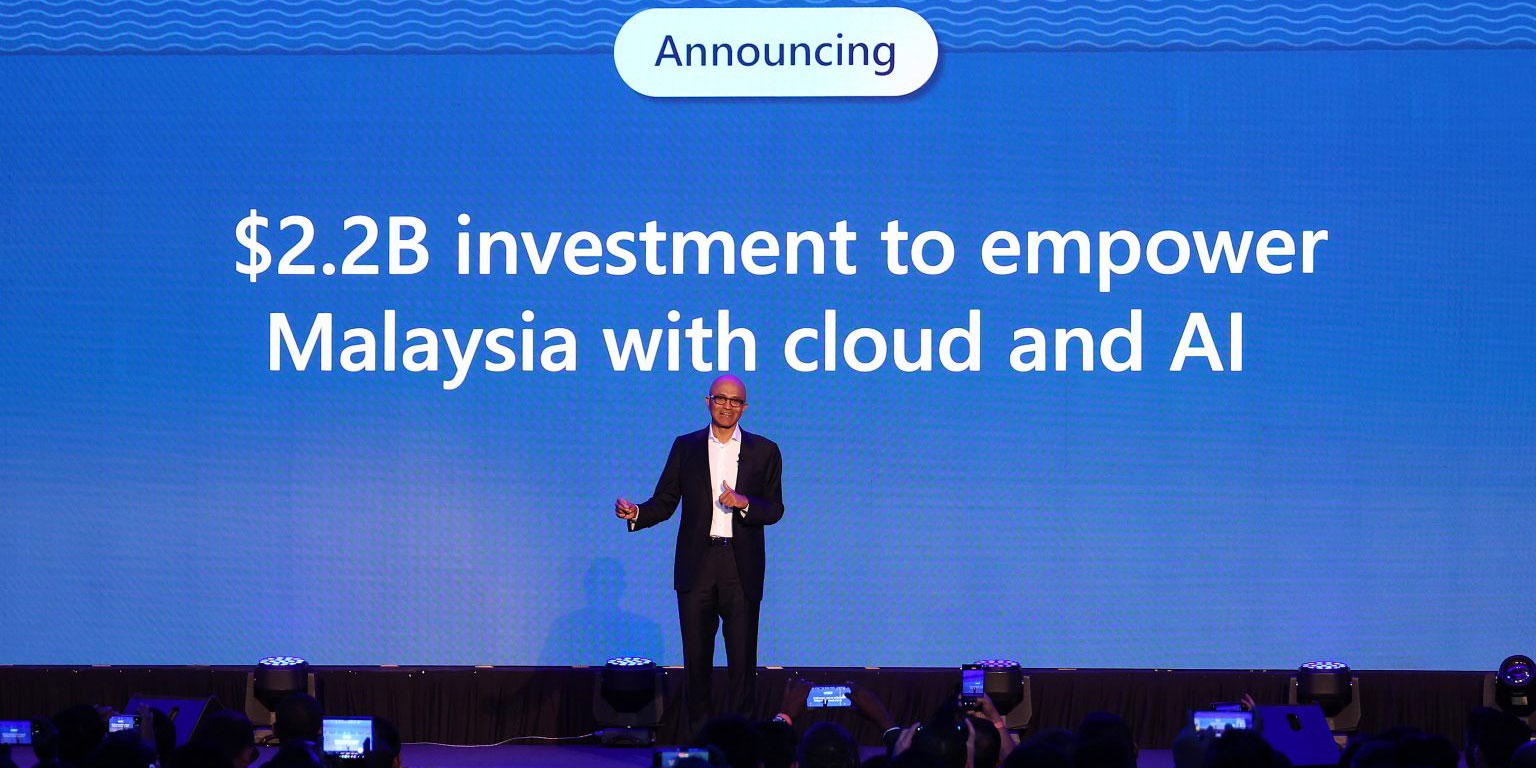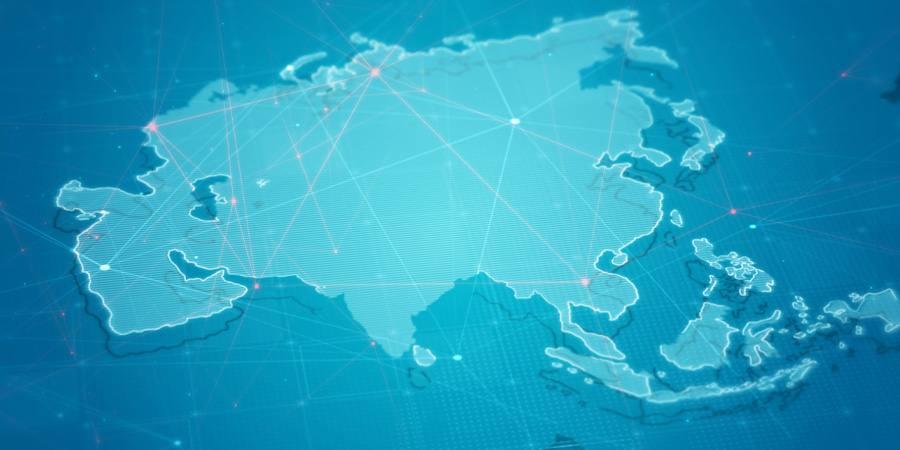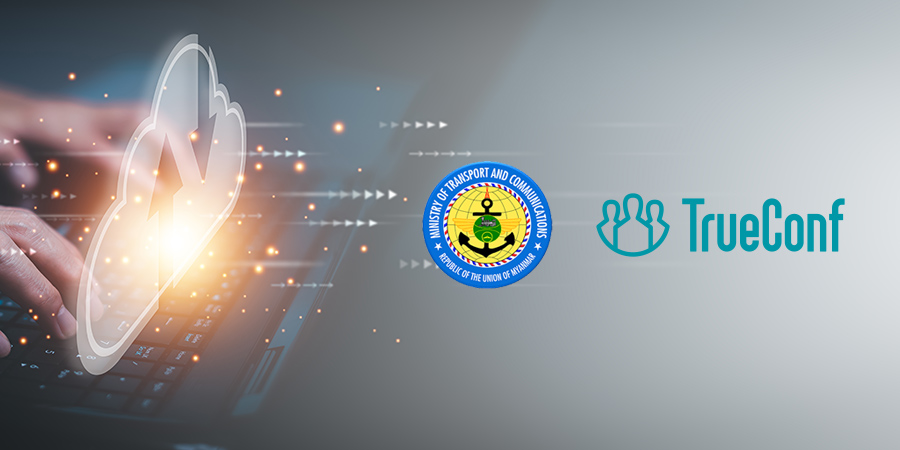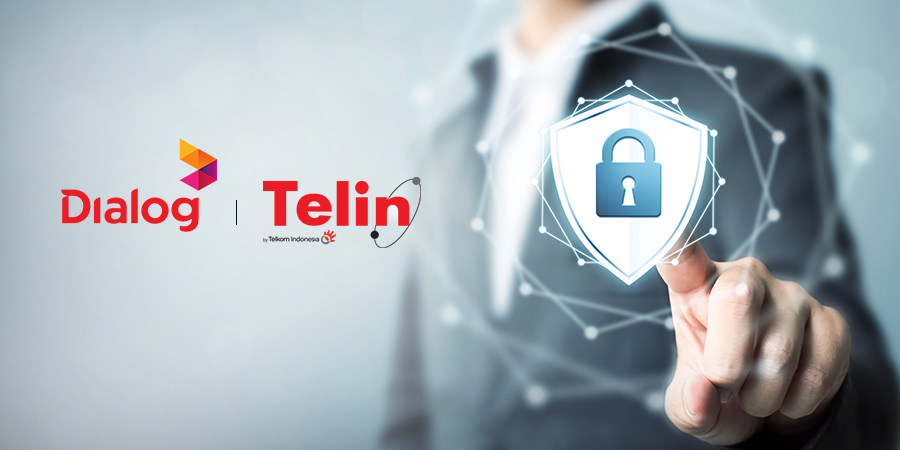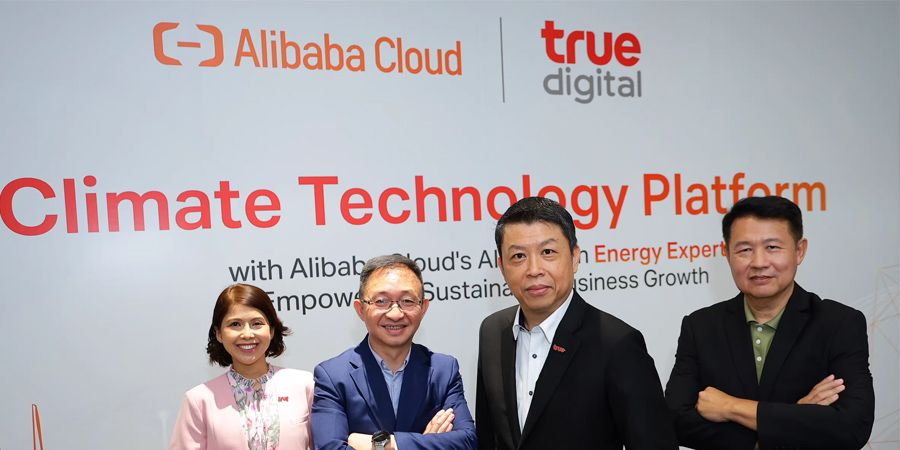Japanese Prime Minister, Fumio Kishida, has committed to spearheading the development of global regulations for the responsible utilization of generative artificial intelligence (GenAI) technology. This initiative involves collaborating with like-minded nations through a newly established framework.
During his speech at the Organisation for Economic Cooperation and Development's Ministerial Council Meeting, Kishida expressed gratitude to other countries for launching the Hiroshima AI Process Friends Group earlier that day.
The establishment of the Hiroshima AI Process was decided during the Group of Seven summit, which Prime Minister Kishida hosted in his hometown of Hiroshima in May last year. Given that Japan holds the chairmanship of the OECD in 2024, Kishida participated in the organization's ministerial meeting.
"Let us collaborate as nations united by a common purpose to address the universal opportunities and risks brought about by AI, and work towards achieving safe, secure and trustworthy AI," Kishida said in Paris.
The Hiroshima AI Process Friends group emerged in response to global efforts to harness the advantages of rapidly evolving generative AI tools, amid concerns that their misuse could jeopardize democracy and political stability by facilitating the spread of disinformation.
Additionally, Kishida pledged to collaborate with other OECD members to address climate change and various global challenges, while promoting free and open investment and trade. This year marks the 60th anniversary of Tokyo's membership in the Paris-based organization.
Kishida addressed environmental issues, applauding the recent establishment of the Inclusive Forum on Carbon Mitigation Approaches, a ministerial dialogue that aims to tackle decarbonization, which serves as the OECD's flagship initiative. "The climate crisis is a challenge common to all humankind that cannot be postponed, and it demands a holistic effort from all nations," Kishida said.
On the international trade front, Kishida expressed his willingness to collaborate with other nations to uphold and strengthen a "rules-based, free, and fair economic order, with the World Trade Organization at its core," with China seemingly in his considerations.
He emphasized the need to enhance cooperation to ensure economic resilience and security, addressing issues such as economic coercion, nonmarket policies and practices, bolstering supply chain resilience, and safeguarding critical technologies.
Economic coercion has been condemned for its utilization as a means to achieve political objectives, with some democracies reportedly adversely affected by the alleged use of such tactics by authoritarian regimes.
Kishida also pledged to facilitate the expansion of the OECD's membership to include economies from various regions worldwide, including countries in Latin America, Central and Eastern Europe, as well as Southeast Asia, enabling their participation in the organization's endeavors.














